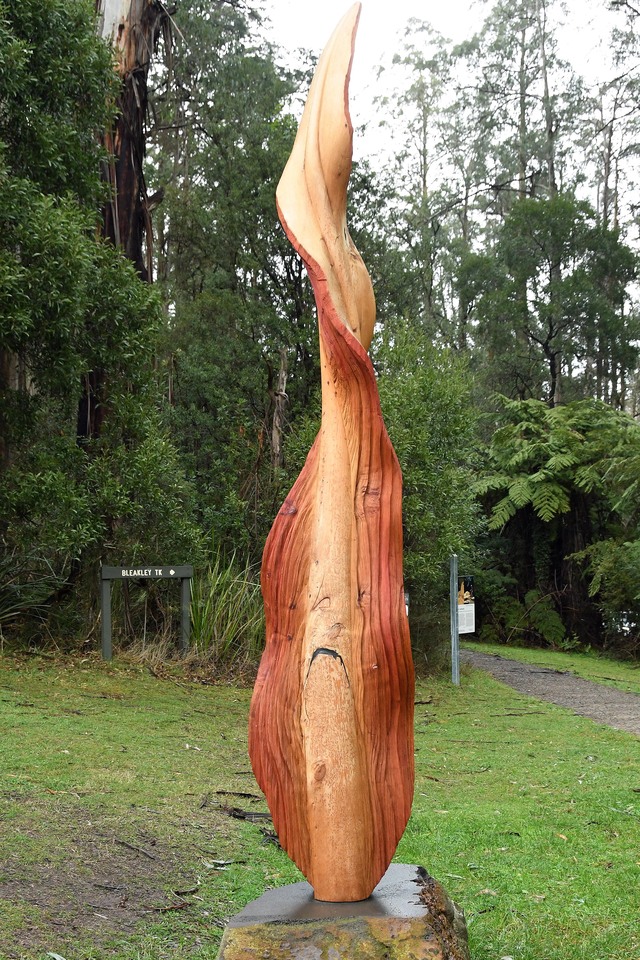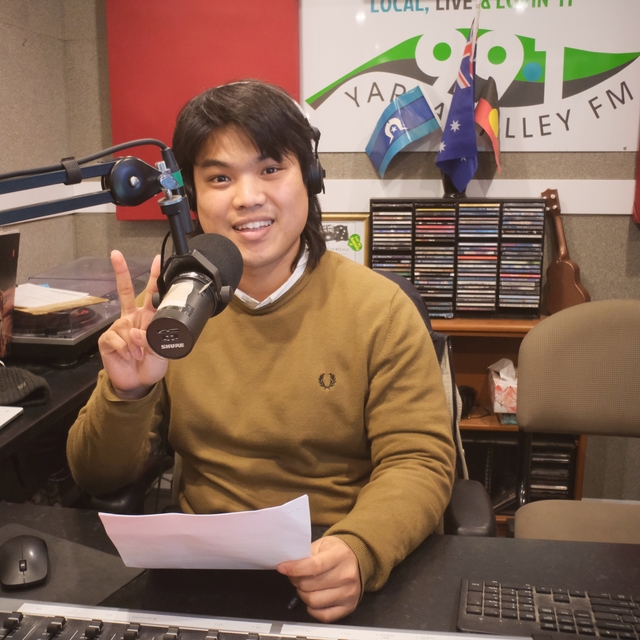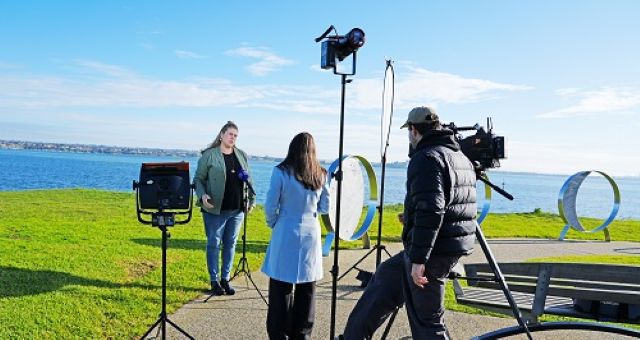Last week Australia marked 10 years since the agreement was set between the Federal government and Papua New Guinea for asylum seekers who came by boat to be held offshore.
The 19 July anniversary is not one to be celebrated but is rather a chance to reflect and advocate for change, Healesville Rural Australians for Refugees (RAR) founder Iain Gillespie said.
Despite all asylum seekers being moved from Nauru at the end of June, the detention camps still remain at Australia’s expense of $300 million each year.
Mr Gillespie said even though some progress has been made, Australia still carries the shame of its inhumane policy from 2013.
“While the current government has made some improvements, it’s increased the number of people eligible for a visa to come to Australia, there is still an underbelly of the cruel policies perpetrated by Australia on refugees and asylum seekers that people I think aren’t aware of,” he said.
“For instance, about 400 people who were previously held offshore on Nauru or PNG live in the Australian community but their lives are still in limbo. There are no resettlement offers in Australia, some are waiting for settlement in other countries.
“At least 10,000 people who arrived in Australia before 2013 are still waiting for a decision about their refugee status.”
It was former Prime Minister Kevin Rudd who made the historical announcement that would change the course of Australia’s outlook on asylum seekers by calling it “a major initiative to combat the scourge of people smuggling”.
“From now on, any asylum seeker who arrives in Australia by boat will have no chance of being settled in Australia as refugees,” he said in his speech on 19 July 2013.
“If they are found to be genuine refugees they will be resettled in Papua New Guinea, an emerging economy with a strong future, a robust democracy which is also a signatory to the United Nations Refugees Convention.
“If they are found not to be genuine refugees they may be repatriated to their country of origin or be sent to a safe third country other than Australia.”
Mr Gillespie said around 80 people who had been kept for 10 years inside the detention centre on Nauru have been settled in Papua New Guinea but without any support.
“They’re suffering from post traumatic stress syndrome, suffering from not being able to know where their lives are going to end up,” he said.
“Their lives have been damaged and many families have been separated. Australia has completely abandoned them.
“The cruelty perpetrated by the Australian government lives on and I think there’s so much more to be done. Australian’s need to realise the deliberate cruelty imposed on asylum seekers and refugees by the previous government still exists.”
Having had the privilege of somewhat adopting an asylum seeker as a son who arrived by boat in 2013 just prior to the policy changes, Mr Gillespie said he is aware first hand what trauma can come from being labelled as unwanted.
“He’s had friends in that situation for the past 10 years, and many of them have suicided. Many of them have broken down with mental health problems, living in poverty, trying to support their kids under the most unimaginable stress.
“I know from him the terrible toll that people experience because he experienced it himself.”
At just 17-years-old his son had travelled by boat, been held in detention, unable to speak much English and put in a room with strangers, forced to make ends meet without rights to education.
Mr Gillespie said still to this day one of “the most shameful things” is consecutive Australian governments, from Prime Minister John Howard onwards, “deliberately [portraying] people seeking asylum in Australia legally as criminals”.
Now Mr Gillespie and organisations like the Asylum Seeker Resource Centre (ASRC) are calling for an end to the ongoing pain that plagues people who live in limbo.
“Human rights are not something you have, they are something everyone agrees to respect. In the case of offshore detention people did not simply lack human rights, they had their rights denied to them by the Australian Government,” ASRC Director of Advocacy Ogy Simic said.
“It was a choice, one that threatens the very foundation of what we expect from our Government and how people should be treated. The Albanese Government now has the choice to maintain this cruelty or ensure all people are treated equally and humanely.”
Having released a report about the ongoing cruelty from the 2013 policy, ASRC has shared the stories of those who experienced and continue to experience the effects of detention.
“What has been done is enough. I want a good and bright future for my family, not only my family but for everyone’s family,” human rights advocate, formerly held in offshore detention currently in Australia, Zohreh Mirzaei said.
“Whoever comes here, they want to build their future and they just want to be brighter in their life.”
Mr Gillespie said it can be understood that many Australians may think that the worst of Australia’s asylum seeker policy is over but the fight still continues.
Healesville RAR will continue to show films that portray the plight of refugees, raise money to help refugees afford the right equipment for education, as well as fundraise to support the efforts of ASRC and the Brigidine Asylum Seekers Project.
“The main message is, don’t think that Australia’s refugee and asylum seeker problem has been solved, the cruelty lives on and there’s a lot that has to be done,” Mr Gillespie said.
“The Australian government isn’t moving quickly enough to overcome it and really, the fact these people are living in this situation is a great shame to Australia that’s got to be fixed as soon as possible, because that shame has hung over our country for far too long now.”







